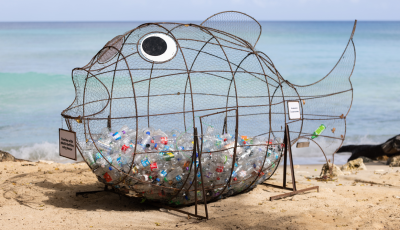
Reducing plastic waste generation and plastic pollution in Saint Lucia
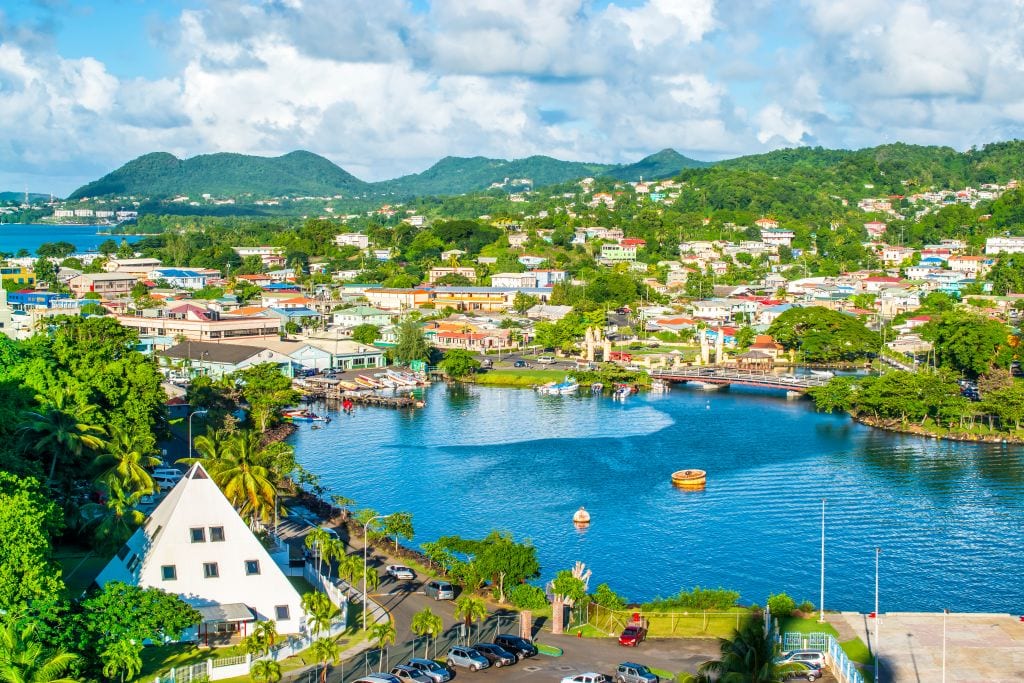
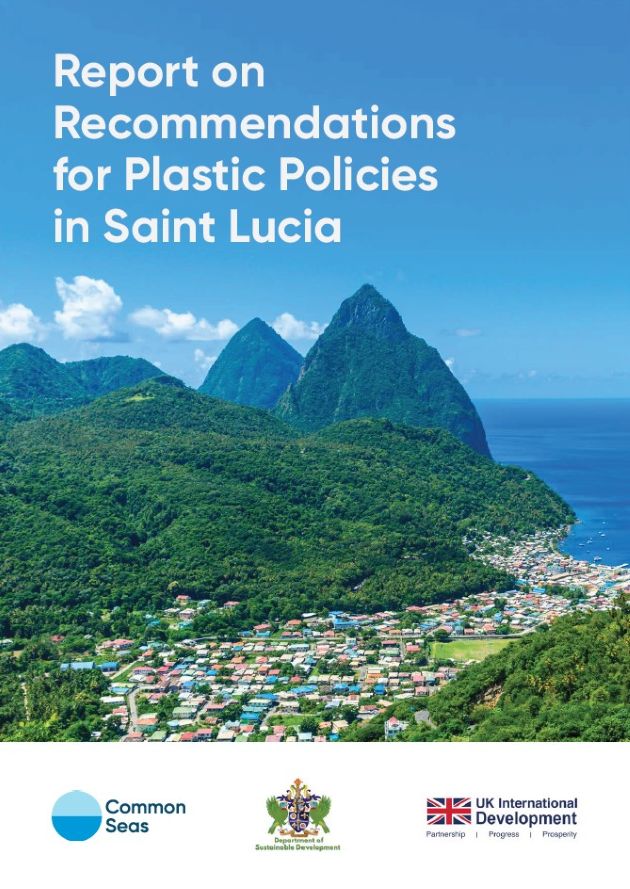
“As a proud Saint Lucian, it has been a privilege to contribute to addressing one of the most urgent environmental challenges facing our country.
Growing up, plastic pollution wasn’t as visible. But like many parts of the world, we’ve seen a steady rise over time, particularly from single use plastic items.
Today, it’s deeply concerning to witness the effects: our once-pristine beaches and stunning natural landscapes are increasingly scarred by plastic pollution.
Although Saint Lucia has strong waste management systems, our landfill is approaching capacity. With limited land space and mountainous terrain, finding a suitable location for a new landfill is a major challenge. And even if one is secured, without meaningful policies to reduce plastic use and overall waste generation, the cycle will simply continue, quickly filling any new site.
In partnership with the Department of Sustainable Development, we are working toward a future where Saint Lucia’s natural beauty, economy, and public health are protected from the devastating impacts of plastic pollution.”
Zinnie Cowing, Senior Researcher
Plastic pollution in Saint Lucia
12,000 tonnes
of plastic waste generated per year, equivalent to 67kg per person
3%
of all plastic waste generated enters the land or water
4,633 tonnes
of plastic pollution will enter the environment by 2035
Impact of strategies to reduce plastic waste pollution
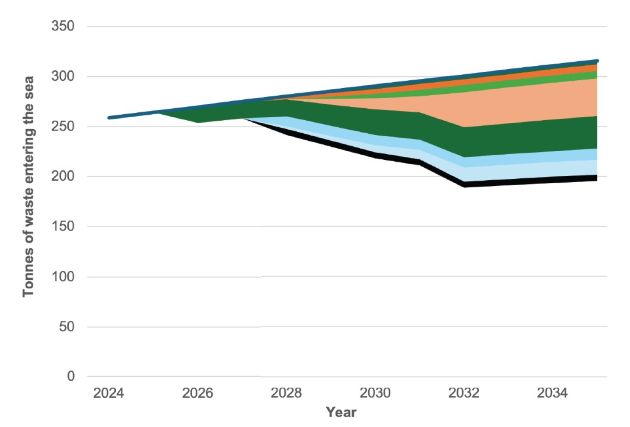
- Business as usual (no changes)
- Measures to address abandoned lost and discarded fishing gear
- Waste minimisation
- Reuse
- Waste segregation and enhanced recycling
- Deposit return scheme
- Reusable nappies
- Waste minimisation (households)
- Plastic bag levy
Our supporters
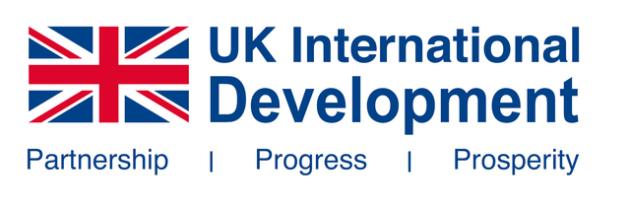
Supported by funding from the UK Government through UK International Development, Common Seas is partnering with five Small Island Developing States (SIDS) to develop National Action Plans to tackle plastic pollution.
As part of the Sustainable Blue Economies Programme, this critical funding will allow us to develop and scale an approach tailored to the unique challenges and needs of SIDS, which are disproportionately affected by the plastic crisis. The project is supporting partner governments to radically reduce ocean plastic in their countries over the course of ten years and contribute to a sustainable blue economy.
News and resources

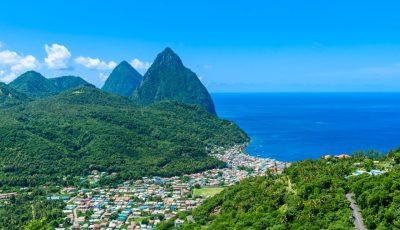
Report on Recommendations for Plastic Policies in Saint Lucia
Download (14.0 MB)